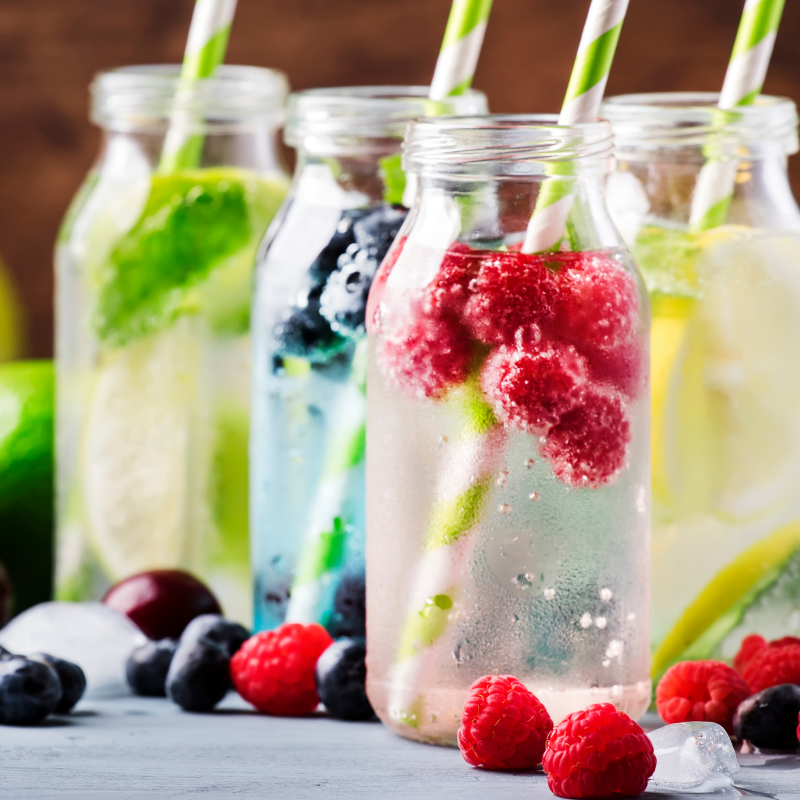Lots of people enjoy the taste of something sweet and I’m one of them. The problem is that sugar, more so than fat, is probably responsible for much of the chronic disease and accelerated aging that occurs in humans.
The body’s metabolism of sugar results in byproducts that are damaging to all of the cells and organs in our bodies. Think of sugar as being corrosive to both the inside and outside of your body, similar to the way that salt air is corrosive to the wooden exterior of homes near the ocean.
I believe the research suggesting that reducing your intake of simple carbohydrates (sugars), is one of the most important “anti aging/protective” steps you can take to reduce your risk of serious diseases.
Does this mean that all of us who enjoy a “sweet treat” just have to give up one of our most simple joys in life? Not necessarily!
First of all, moderation is important! The more sugar you eat, the more the body is exposed to the destructive byproduct of sugar metabolism. So limiting your sources of sugar (deserts, sodas, cereals, and snacks is clearly necessary). So, read the nutrition labels carefully on the products that you eat. Check to see how much sugar a serving contains.

My rule of thumb is to try to avoid eating products that contain more than 10-15 grams of sugar per serving (less is better and of course not multiple times a day). Also check out what the label is defining as a serving. Many food manufacturers, in an attempt to hide just how sugary a product is, choose to use an unrealistically small serving size that is probably much smaller than the actual amount you are going to consume (for example a quarter of a cup, when you are most likely going to eat 4 times that amount).
In light of the above information, many of us “try” to avoid the ravages of sugar by purchasing products that are sweetened with non-caloric, non-sugar, artificial sweeteners. Unfortunately, this may be the equivalent of trading one unhealthy habit for another one.
Fortunately, there are naturally occurring non-caloric sweeteners like erythritol (my favorite) that you should seek out when looking for a sweet tasting food (stevia is also a good choice).
This article is meant to alert you about the potential harms that consuming “sucralose” (marketed as Splenda) may present.
Sucralose is ubiquitous. It’s in thousands and thousands of food products and unless you read the food labels very closely, you may not realize how many of the products you consume contain sucralose and how much in total you are consuming every day.
As to why you should be concerned about consuming sucralose, I refer you to a recent article written by Sayer Ji of GreenMed Info.
Sucralose-Splenda Harms Vastly Underestimated – Baking Releases Dioxin
Also, for those of you who are migraine sufferers, click the link below to learn about a possible connection between sucralose and migraines. Sucralose as a Migraine Trigger
By reducing sugar intake and eliminating artificial sweeteners, you are taking a significant step toward looking better, having less body fat, and reducing the risk of most, if not all, chronic diseases.
Knowledge is power……..be healthy.
Curt Hendrix M.S. C.C.N. C.N.S.
Related Article: Diet Sodas and Risk of Heart Attack & Stroke


